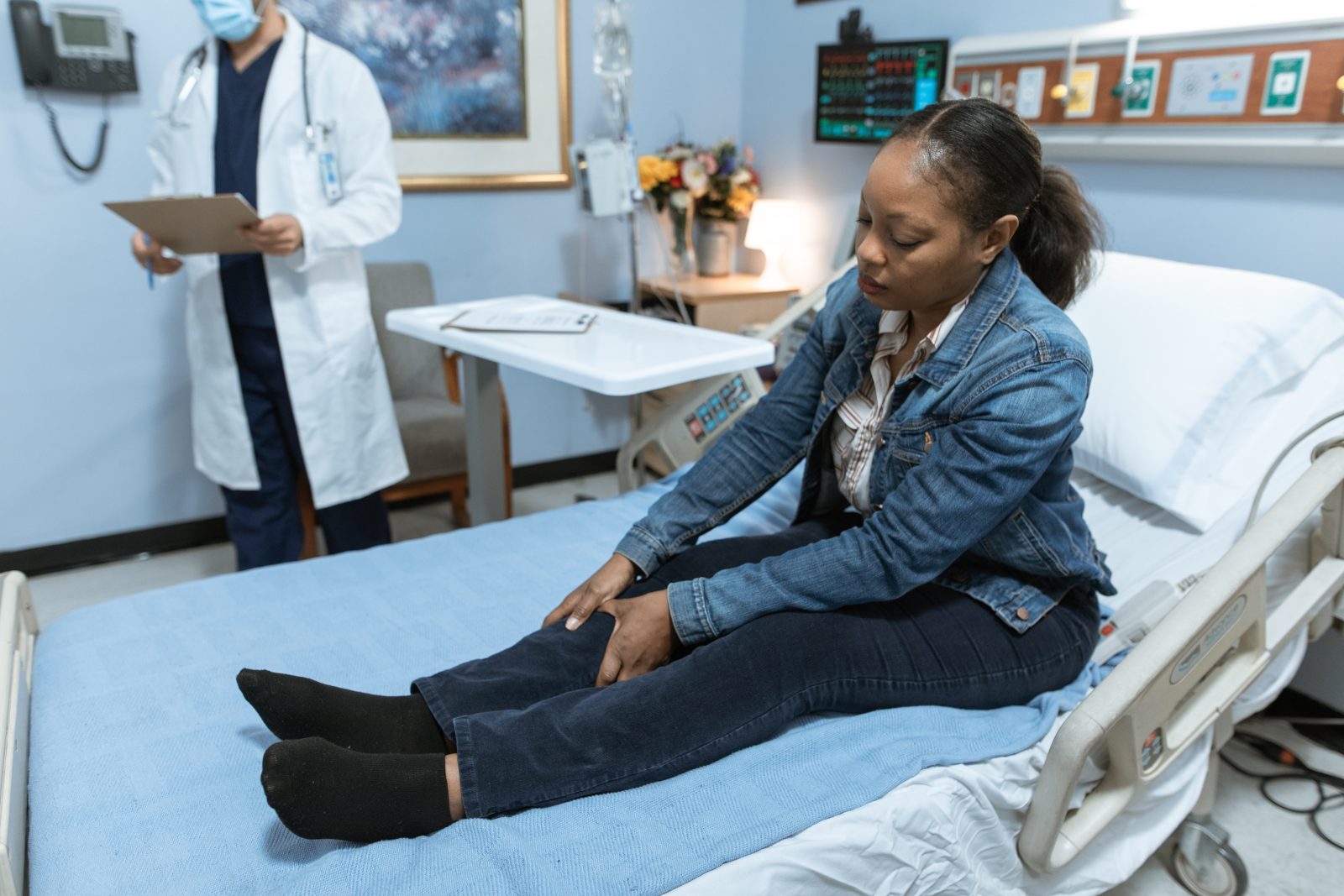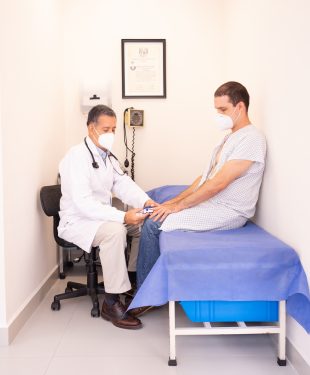
It’s much easier to prevent an illness than it is to treat it, which is why regular check-ups should be an essential part of your life. Routinely evaluating risk factors for medical conditions and cancer screening can reduce the likelihood of you contracting chronic or life treating diseases.
We know check-ups are important, but how often should we get them and why?
How Often Should You Get A Checkup?
Recommendations regarding the frequency of routine check-ups vary depending on individual risk factors, age, and current health status. However, doctors will typically suggest that:
- Anyone under 50 in good health should go for a check-up once every 3-years
- Anyone under 50 in poor health should go for a check-up once every 2-years
- Anyone over 50 in good health should go for a check-up once every year
- Anyone over 50 in poor health should go for a check-up once every 6-months
The above suggestions apply for most circumstances unless you feel unlike yourself or notice an anomaly. For example, if you’re performing a breast exam and find a lump, you shouldn’t wait until your next physical. Book an appointment with your doctor immediately, just in case.
Does Medicare Cover Check-Ups?

Photo by on Pexels
If you live in a country that offers universal healthcare, like Australia, your check-ups are covered by Medicare. However, if you want to save money on specialists or medication, you should look and compare from a list of health funds to limit your financial burden.
Countries that don’t have universal healthcare almost always have to pay for check-ups, whether they pay for insurance or not. Typically, insurance will reduce overall doctor fees.
What are the Benefits of Regular Check-Ups?
The benefits of receiving regular check-ups from your doctor include, but aren’t limited to:
- Locating life-threatening medical conditions early
- Early treatment of potentially fatal health conditions
- Regular monitoring of existing chronic conditions
- Access to screening tests and vaccines
- Reduced healthcare costs associated with disease
- Access to invaluable advice on how to live healthily
When you see your doctor regularly, you’ll start to develop an open, honest relationship with them. This can be beneficial for people who are uncomfortable discussing their health problems.
What Happens During a Check-Up?

Photo by on Pexels
At the start of your check-up, your doctor will ask you about your past medical history, family history, vaccine history, the medications you’re taking, and related allergies. Men and women are screened for separate health related issues, but multiple unisex tests occur during a check-up.
Men and women will be screened for the following health problems:
- Obesity (based on BMI and fitness level)
- Tabaco, alcohol, and drug use
- High blood pressure and hypertension
- Depression and other mental health issues
- Hepatitis C (for those born between 1945-1965)
- HIV/AIDS (for those who are sexually active or at high risk)
- Colorectal cancer (starting at 50)
- Type 2 diabetes (for those who are high risk/obese)
- Lung cancer (starting at 55 for non-smokers and earlier for smokers)
Men will also receive the following additional screening tests:
- Prostate exam (starting at 50)
- Abdominal aortic aneurysm (starts at 65 for previous smokers)
- Cholesterol screening (starting at 35)
Women will also receive the following additional screening tests:
- Mammograms for breast cancer (starting at 50)
- Pap smears for cervical cancer (starting at 21)
- Partner violence screening
- Osteoporosis screening (starting at 45)
- Cholesterol screening (starting at 45)
Patients may need to screen for these diseases sooner rather than later if they have a pre-existing health condition or a family history in one or more of these illnesses.
How do I Prepare for my Check-up?
If you’ve never had a check-up, gather your medical information, including vaccination history, old records, and insurance card. Make a list of what’s changed since your last visit, including your supplements, vitamins, medications, and herbal remedies. Keep a diary of any new allergies, symptoms, or medications prescribed to you since your last doctor visit.
Read more lifestyle and wellness articles at ClichéMag.com
Images provided by Flickr, Unsplash, Pexels, Pixabay & Creative Commons
The post How Often Should I Get A Checkup appeared first on Digital Online Fashion Magazine | Free Fashion Magazine | Fashion Magazine Online.
0 Commentaires